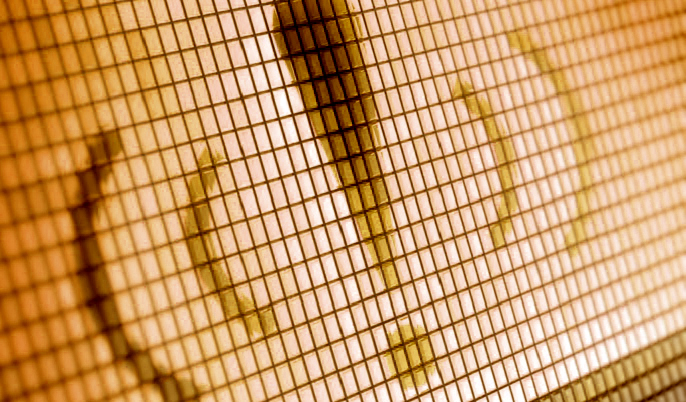Source – https://healthitanalytics.com/
A new system uses artificial intelligence to detect errors in patients’ medication self-administration methods.
Artificial intelligence could help identify potential errors in a patient’s medication self-administration method, leading to reduced hospitalizations and healthcare costs, according to a study published in Nature Medicine.
Errors in medication self-administration lead to poor treatment adherence, increased hospitalizations, and higher care spending, researchers noted. These errors are especially common when medications involve devices like insulin pens or inhalers.
“Some past work reports that up to 70 percent of patients do not take their insulin as prescribed, and many patients do not use inhalers properly,” said Dina Katabi, the Andrew and Erna Viteri Professor at MIT.
Some common drugs also require intricate delivery mechanisms, making it difficult for patients to correctly administer medications themselves.
“For example, insulin pens require priming to make sure there are no air bubbles inside. And after injection, you have to hold for 10 seconds,” said Mingmin Zhao, a PhD student in MIT’s Computer Science and Artificial Intelligence Laboratory (CSAIL). “All those little steps are necessary to properly deliver the drug to its active site.”
Researchers developed a system that leverages artificial intelligence to reduce self-administration errors for some types of medications. The new tool uses wireless sensing and AI to determine when a patient is using an insulin pen or inhaler, and flags potential errors in the patient’s administration method.
The system works by using a sensor to track a patient’s movements within a ten-meter radius, using radio waves that reflect off their body. Then, AI analyzes the reflected signals for signs of a patient self-administering an inhaler or insulin pen. Finally, the system alerts the patient or their healthcare provider when it detects an error in the patient’s self-administration.
The team adapted their sensing method from a wireless technology they had previously used to monitor people’s sleeping positions. It starts with a wall-mounted device that emits low-power radio waves. When someone moves, they modulate the signal and reflect it back to the device’s sensor. Each unique movement yields a corresponding pattern of modulated radio waves the device can decode.
“One nice thing about this system is that it doesn’t require the patient to wear any sensors,” said Zhao. “It can even work through occlusions, similar to how you can access your Wi-Fi when you’re in a different room from your router.”
The new system can sit in the background at home, similar to a Wi-Fi router, and leverages AI to interpret the modulated radio waves. To train the AI algorithm, researchers performed example movements – some relevant, like using an inhaler, and some not, like eating. The system was able to detect 96 percent of insulin pen administration and 99 percent of inhaler uses.
After successfully detecting relevant movements, the system showed that it could detect errors as well. Because every proper medication administration follows a similar sequence, the system can flag anomalies in any particular step. For example, the system can recognize if a patient holds down their insulin pen for five seconds instead of the prescribed ten seconds. The system can then relay that information directly to the patient’s doctor so they can fix their technique.
“By breaking it down into these steps, we can not only see how frequently the patient is using their device, but also assess their administration technique to see how well they’re doing,” said Zhao.
A key feature of the system is its noninvasiveness, the team noted, which could encourage patients to actively participate in their own health.
“We think that the clinical implications of our system could be significant. We envision that this system will be able to provide continuous feedback for clinicians on their patients’ medication self-administration. Based on the feedback from our system, health professionals can then make a clinical judgment (for example, whether more training and education on medication device administration techniques is needed for the patient),” researchers stated.
“Additionally, this system could contribute to patient empowerment and engagement in their health by giving them feedback about their medication self-administration technique and allowing them to avoid common medication self-administration errors.”
The group also stated that the AI system could be adapted to medications beyond inhalers and insulin pens. Researchers would just have to re-train the algorithm to recognize the appropriate sequence of movements.
“With this type of sensing technology at home, we could detect issues early on, so the person can see a doctor before the problem is exacerbated,” Zhao concluded.
